Cleaning piano keys is an essential step in maintaining the beauty and longevity of your beloved instrument. To keep your piano keys looking pristine and free from dirt and grime, here are some simple and effective methods you can try.
First, gather the necessary supplies for the task: a soft cloth or microfiber cloth, a mild dish soap, and distilled water.
Dampen the cloth with a mixture of warm water and a few drops of mild dish soap. It’s important to use distilled water to avoid leaving any mineral deposits on the keys.
Starting from the top, gently wipe each key from left to right, applying light pressure and being careful not to let any liquid seep between the keys.
For more stubborn stains or sticky residue, dip the cloth in the soapy water and gently rub the affected key in a circular motion. Avoid using excessive force to prevent any damage to the keys’ delicate surface.
Afterward, rinse the cloth with clean water and wipe the keys again to remove any soap residue. Make sure to dry the keys thoroughly with a soft, dry cloth to prevent moisture buildup.
Remember, regular maintenance is key to preserving the appearance and functionality of your piano keys. With these simple steps, your piano keys will shine like new and be ready to make beautiful music.
Dos
- Use a soft, lint-free cloth dampened with water.
- Wipe each key gently from left to right.
- Avoid using excessive moisture.
- Dry the keys immediately after cleaning.
- Consider using a specialized piano key cleaner if necessary.
Donts
- Avoid using harsh chemicals or solvents.
- Do not scrub the keys aggressively.
- Avoid applying excessive pressure while cleaning.
- Do not let liquid seep between the keys.
- Avoid using abrasive materials or scrub brushes.
“`
Step 1
{step1}
Step 2
{step2}
Step 3
{step3}
Step 4
{step4}
Step 5
{step5}
“`
Below is the HTML code for achieving perfect results when cleaning Piano Keys:
“`html
Step 1
Clean with a soft cloth
Step 2
Use a mild soap solution
Step 3
Gently wipe the keys
Step 4
Remove stains with a piano key cleaner
Step 5
Apply a piano key polish for shine
“`
Final thoughts 💭
Piano keys can accumulate dirt and oils over time, affecting the sound and appearance of the instrument. To clean piano keys, use a soft, damp cloth or sponge with mild soap and warm water. Gently wipe the keys, avoiding excessive moisture that may seep into the keys. Dry the keys thoroughly with a clean cloth. It is important to never spray cleaning solutions directly onto the keys to prevent damage. Regularly cleaning your piano keys will help maintain their longevity and keep your piano looking and sounding its best.
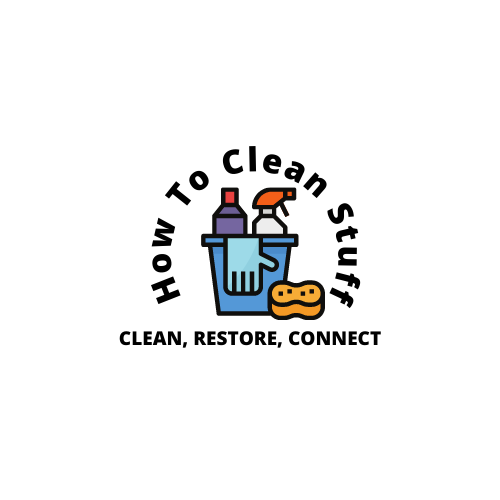
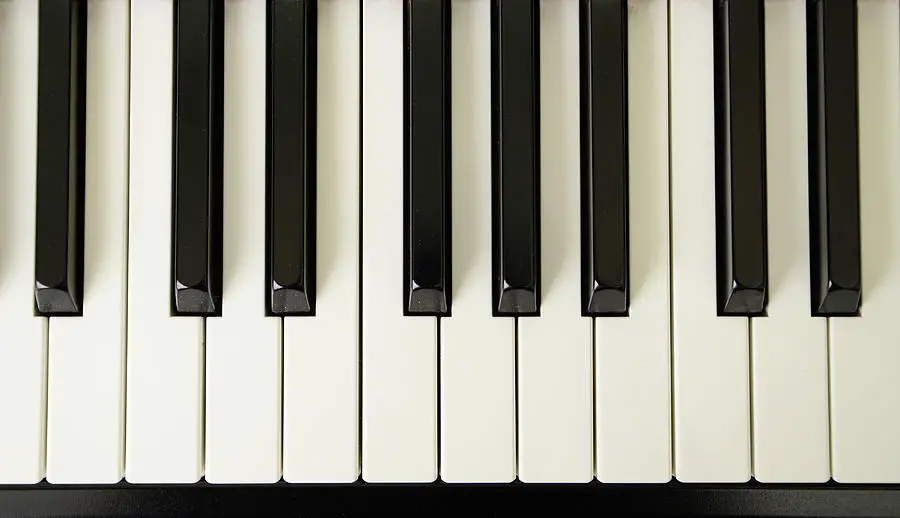
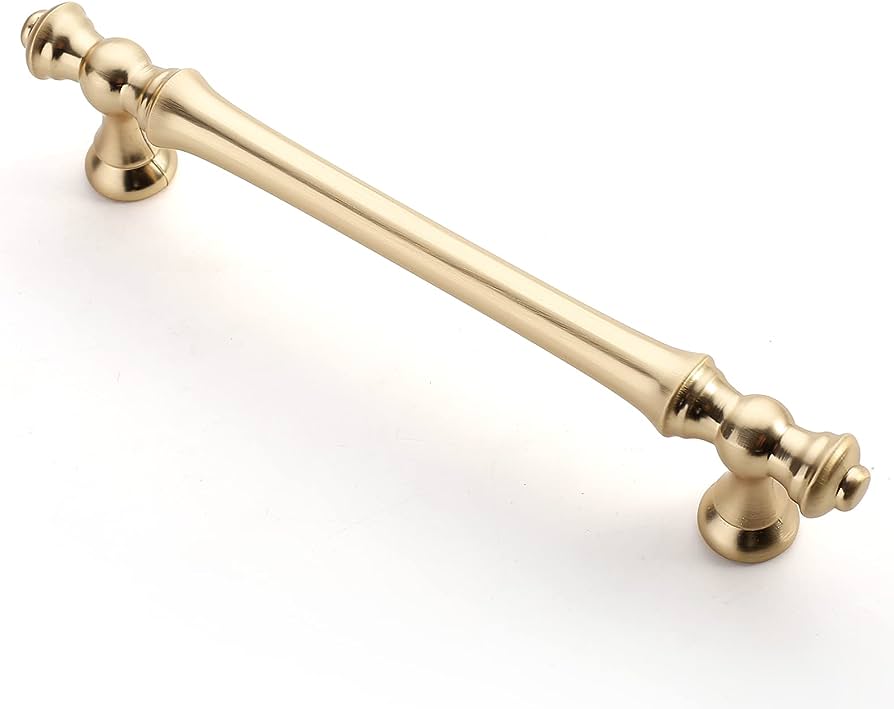
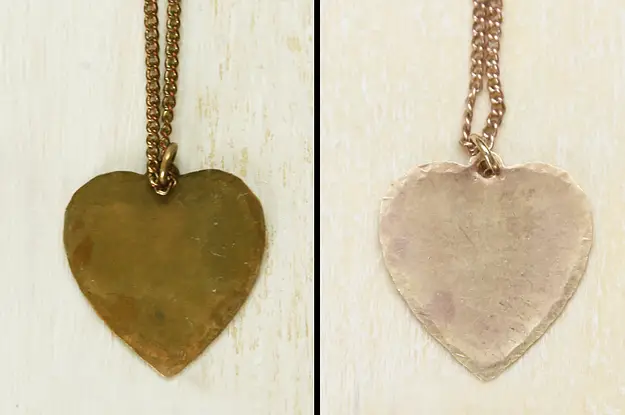
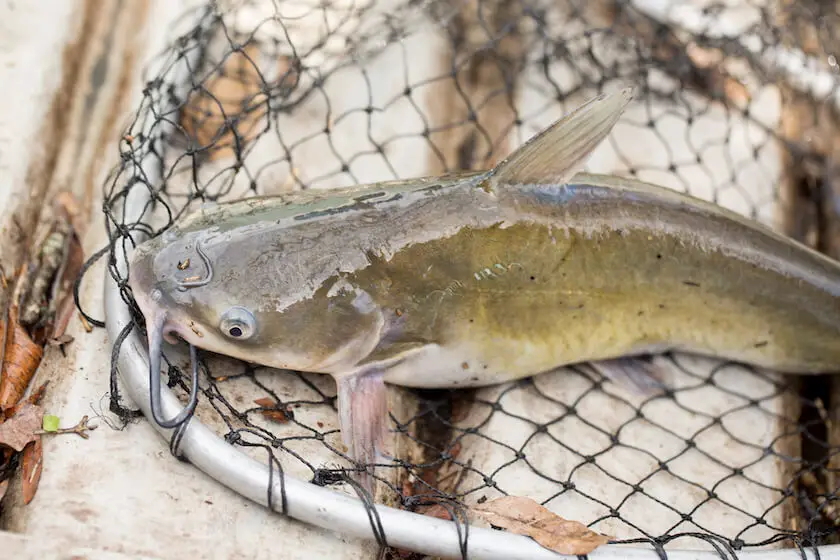

Leave a Reply